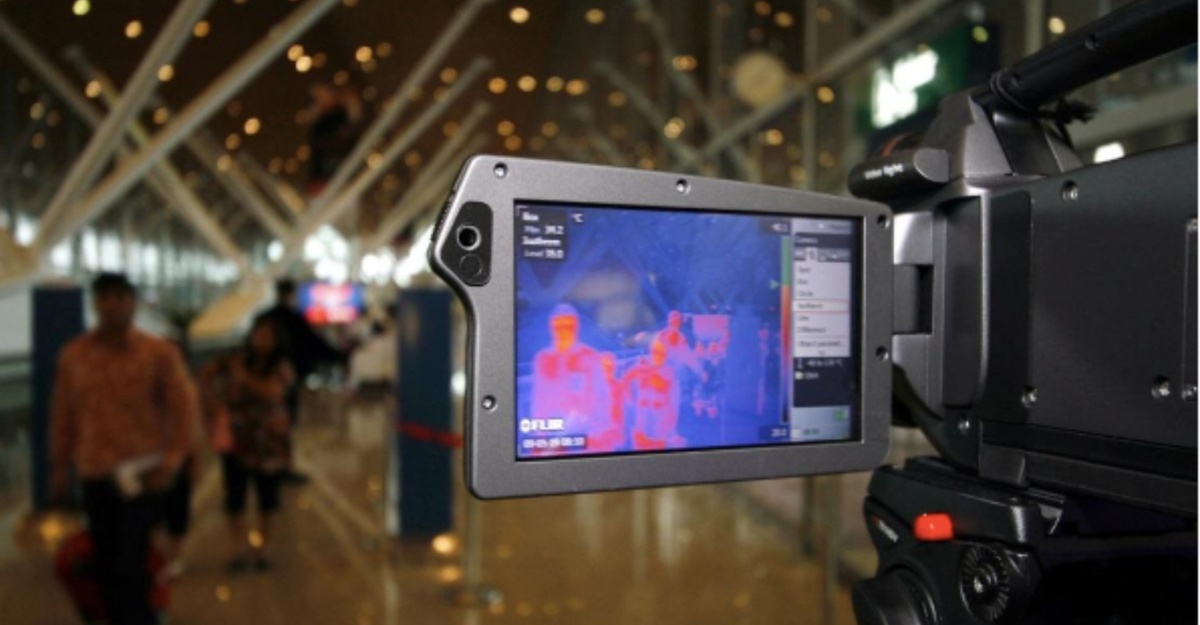All travellers entering Malaysia arriving from abroad, including from China, must go through a fever screening at the International Entry Points (PMA) in Malaysia.
Health Minister Dr Zaliha Mustafa said if the travellers entering Malaysia were detected to have a fever, being symptomatic or through self-declaration, will be referred to a quarantine centre or health authority for re-examination.
“If they were suspected of having COVID-19, the COVID-19 test would be carried out,” she said in a statement here today.
She said this was one of the four main strategies of the Ministry of Health (MOH) in improving preparedness to face any possible increase in cases and deaths due to the COVID-19 pandemic in Malaysia as well as changes in the policy of COVID-19 management in China.
China recently announced major relaxation of its management of COVID-19 and the National Health Commission said that Beijing will stop requiring inbound travellers to go into quarantine from Jan 8 amid the worrying increase in the cases and death toll.
As such, Dr Zaliha said surveillance measures at PMA will also be strengthened by taking aircraft sewage water samples from China.
“The sewage water samples will be sent to the National Public Health Laboratory for PCR testing and then sent for genome sequencing if detected positive for COVID-19,” she said.
In order to detect any new variants, she said all cases of diseases such as influenza-like illness (ILI) and severe acute respiratory infection (SARI) patients seeking treatment at health facilities and have a history of travel to China or contact with individuals from China within 154 days must undergo the RTK-Ag test.
She said the result of the RTK-Ag test would be sent for genome sequencing if detected for COVID-19.
Meanwhile, Dr Zaliha said the second strategy is by protecting the community through vaccination, including among the vulnerable and high-risk groups.
“Those who have yet to complete their primer or booster doses can fix an appointment for vaccination through the MySejahtera app or contact the nearest health clinic,” she said.
Dr Zaliha said the third strategy is to improve the preparedness and response of the public health service system by strengthening the management of COVID-19 using the automated Find, Test, Trace, Isolate, and Support (FTTIS) approach.
“Through this approach, individuals taking a COVID-19 self-test can report their test results into the MySejahtera app – in addition to doing the test at the health facility. The test results will be immediately updated in the user’s MySejahtera profile,” she said.
The minister said the fourth strategy is by ensuring the advocacy and risk communication activities related to COVID-19 including vaccination and treatment are enhanced at all levels of society.
“Advocacy and health education materials can be obtained from the MOH website as well as the MOH press releases issued from time to time,” she said.
Dr Zaliha also said that Malaysia’s declaration of infected local areas, which was initially scheduled to end tomorrow, has been extended to June 30 next year to enable the ministry to carry out activities to prevent and control the spread of COVID-19.
“The extension has been gazetted on Dec 27 through the Prevention and Control of Infectious Diseases (Measures within the Infected Local Areas) (Extension of Operation) (No.2) Regulations 2022 (P.U. (A) 397/2022),” she said.
Sources: BERNAMA.



